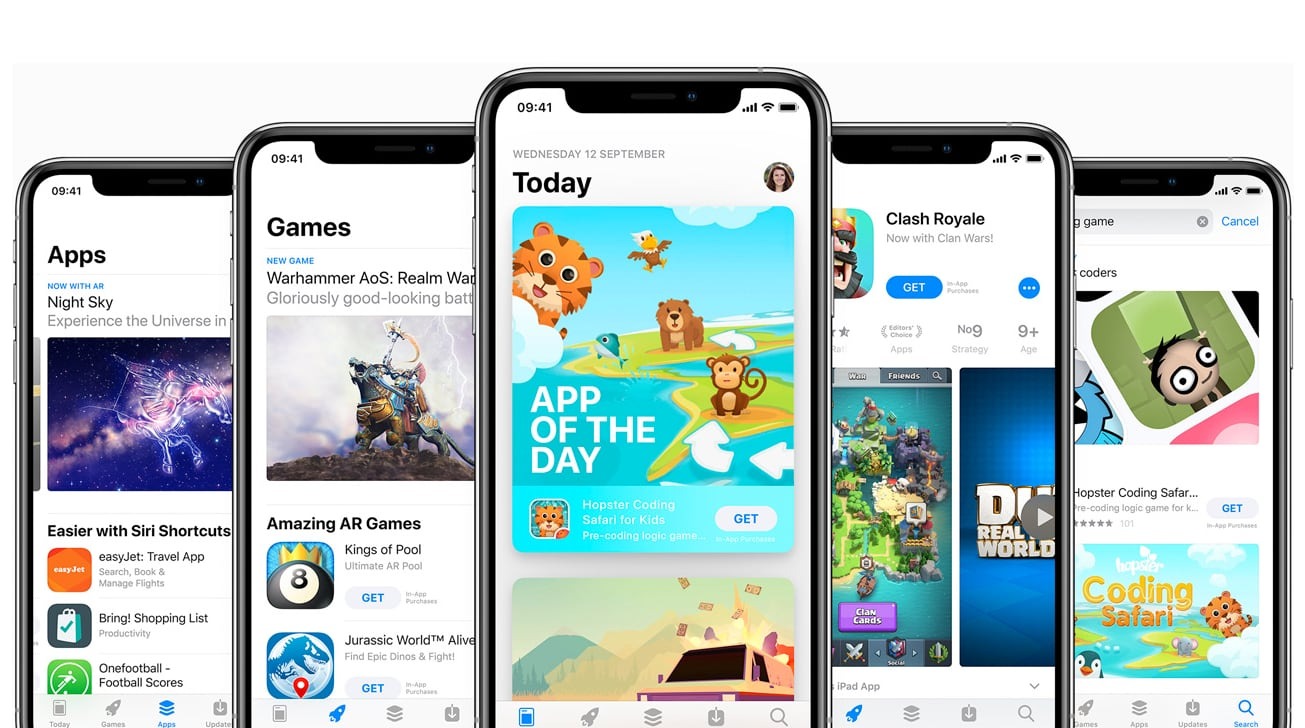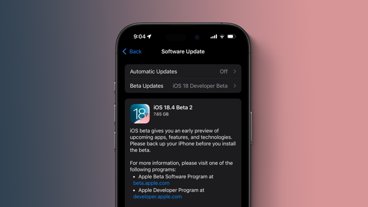Developers are concerned over Apple's sudden decision to start checking game licenses issued by the Chinese government for titles with in-app purchases, as the new requirement may force many games to be delisted in the regional App Store due to not having the authorization.
Apple has informed developers they will need to provide Chinese gaming license numbers for games in the App Store if they wish to be made available to purchase in mainland China. Developers have to submit the license numbers before June 30.
The numbers only need to be provided by developers offering paid games in the App Store or those with in-app purchases, Abacus News reports. Apps that earn revenue from in-app advertising are currently exempt from the restriction.
The licenses are issued by the Chinese government, and permit a game to be played and to earn revenue in China. In order to get the license, companies have to go through an approval process with the government regulator. Though the publication states external developers also have to sign over copyright for the game to a Chinese entity, in actuality only a license is required.
The process is potentially expensive for non-Chinese companies to undertake, and until now Apple has been allowing developers based outside of China to offer their wares in that region's App Store without the license. Now, Apple is complying with the regulation, which now adds an extra burden on foreign developers to secure the license, or face being removed from the store.
App marketplaces for Android have complied with the rules since 2016. Apple has warned developers about the need for a license for the last three years via its developer site, but only recently added the June 30 compliance date.
Rich Bishop, CEO of AppInChina, suggests many companies could see their revenue drop suddenly at the end of June, with most games currently operating without a license to begin with. Apple is also expected to be affected by the change, due to its 30% transaction fee for app purchases and in-app purchases.
China is a major source of App Store gaming revenue for Apple, but gaming in the store hasn't been immune to government intervention. For a period between March 2018 and the end of that year, the Chinese authorities stopped approving gaming licenses, effectively delaying the launch of major imported game licenses including Fortnite, Call of Duty Mobile, and PUBG, though revenue has seemingly rebounded since then.
For apps that remain, it is likely the major game franchises will survive while smaller indie efforts will be harder hit. For teams with a track record of hit titles outside of China, they stand a better chance of securing a deal with a Chinese publisher for distribution in the region.
It is also thought the squeeze on the China App Store may also force Chinese developers to seek other markets unburdened by the restriction. A move from in-app purchases to an ad-supported model may also work for some firms, but not all will be able to make the change successfully.
Update: Corrections added regarding gaining the license and Apple's notice to developers.
 Malcolm Owen
Malcolm Owen







-m.jpg)






 Christine McKee
Christine McKee
 Marko Zivkovic
Marko Zivkovic
 Mike Wuerthele
Mike Wuerthele

 Amber Neely
Amber Neely
 Sponsored Content
Sponsored Content
 Wesley Hilliard
Wesley Hilliard









6 Comments
So what does this really mean for iOS developers if Android marketplaces have complied with this requirement since 2015? Have Android developers sought "other markets unburdened by the restriction"? Have Android developers seen their revenue "drop suddenly"? Why are developers "concerned" over Apple's compliance but weren't by Android's? Sounds like iOS developers were getting a free ride in China and are upset that that free ride is over.
According to the source article it is because
As far as Apple only now complying that makes a lot of business sense since Apple gets 30% of all those paid app and in-app purchases. It was inevitable they would eventually be forced to comply, but riding that profit as long as they could is logical.
Regarding 'Android app stores" all of them operating in China are already owned by Chinese operators AFAIK with the exception of Amazon whose status I'm unsure of. Not sure they would technically be considered "Android" anyway tho IMO they certainly are.